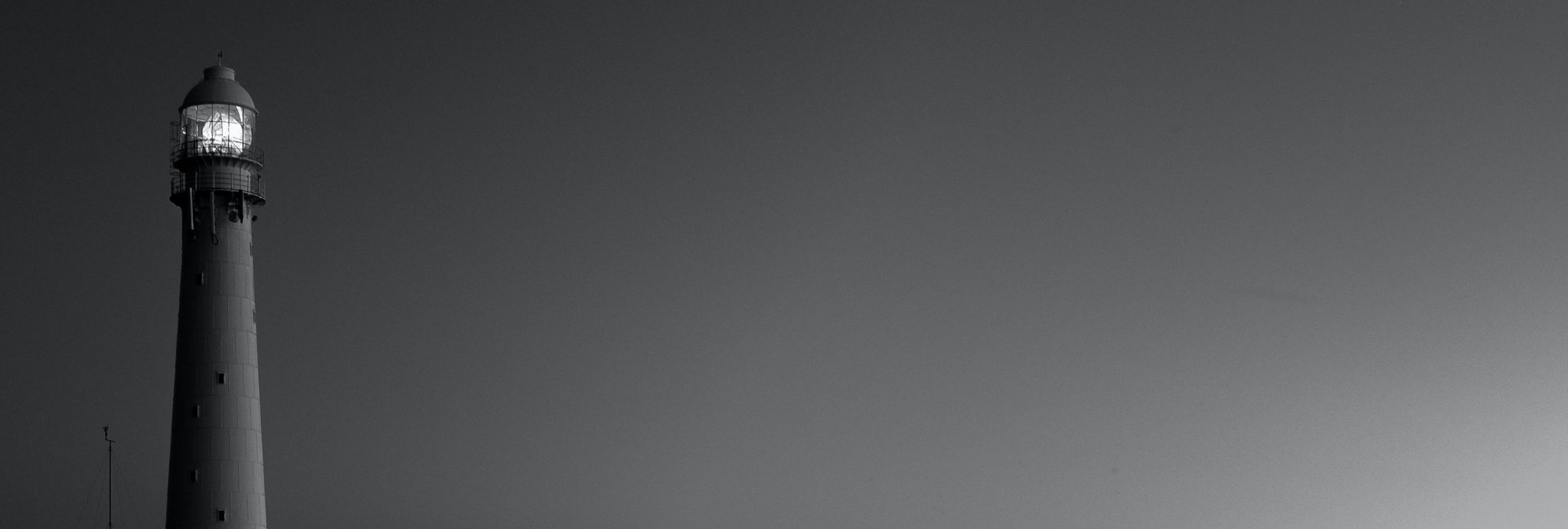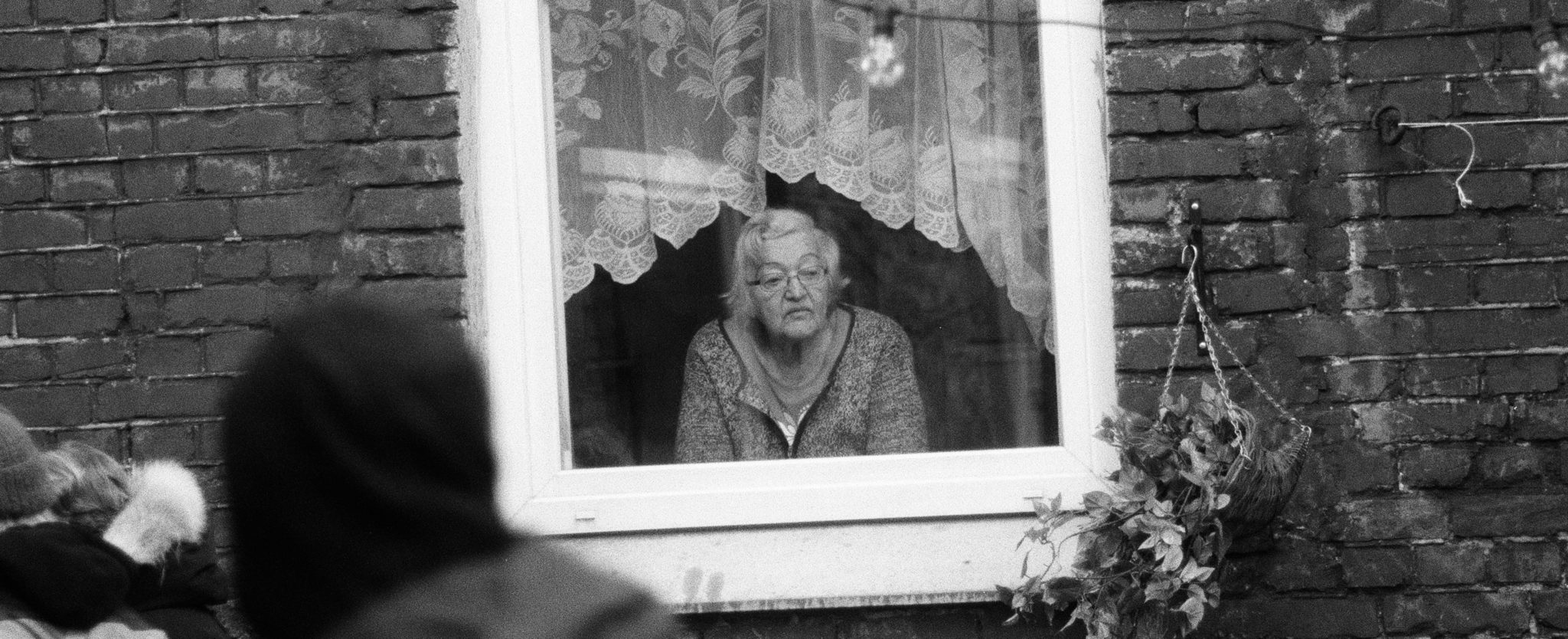
You send me another one, at work, mid-morning,
pixels flying through the ether to form pictures of a life
five feet closer to perfect: emails that link to dream house
after dream house, each one more virtuous than the next,
at the beach, in the city, hidden in towns we’ve never heard of.
You don’t tire of looking because what if it exists—
that single spectacular find—like an undiscovered planet
in an infant universe spinning miles from the skittish
dogs next door, the cops stopped across the street again,
and the bleary-eyed woman, cigarette alight,
whose racist slurs fail to break the lawn guy.
What if it’s out there, far from small-town ugly
and rural kitsch? The house we live in now, one hundred
years old, sits on stone, telling fortunes to the wind, whispering
sweet nothings we love but should ignore. Remember,
years ago, on the train ride out west, my hand
warm under yours, yours solid over mine as we sliced
through the night, shrinking valleys and mountains, searching.
Remember the births—a girl, then a boy—their tiny bodies
like harbor lights in the darkness of our room, signaling this
is home? Still, we’re restless: it’s enough and never enough.
We all deserve a roof—of metal, wood, or clay—but also
something diaphanous that lets in moonlight and distance,
that serves up stars in their eternal shining. We’re always
building houses, all of us, in our blood, in our lover’s eyes,
real ones for shelter and metaphors to stretch out in as we run.
Heather Lynne Davis
Heather Lynne Davis earned a B.A. in English from Hollins University and an M.A. in creative writing from Syracuse University. She attended the Bucknell Seminar for Younger Poets and is a winner of the Hayden Carruth Poetry Prize at Syracuse University, a Larry Neal Writers’ Award, Bethesda Literary Festival essay and poetry prizes, and the Arlington County Moving Words Poetry Contest. She is the author of The Lost Tribe of Us, which won the 2007 Main Street Rag Poetry Book Award. She lives in Washington, DC with her husband, the poet José Padua, and their son and daughter.

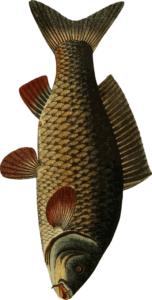 These are FARMED, Grandpa,
These are FARMED, Grandpa,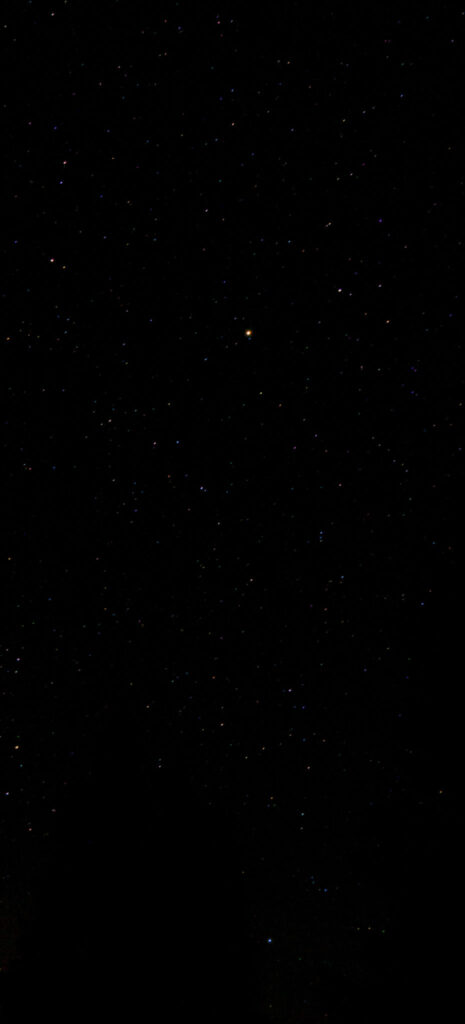 She loves how the night sky
She loves how the night sky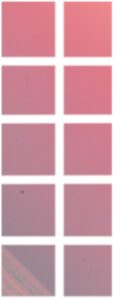 The sun does not rise easily. A whole planet must spin
The sun does not rise easily. A whole planet must spin